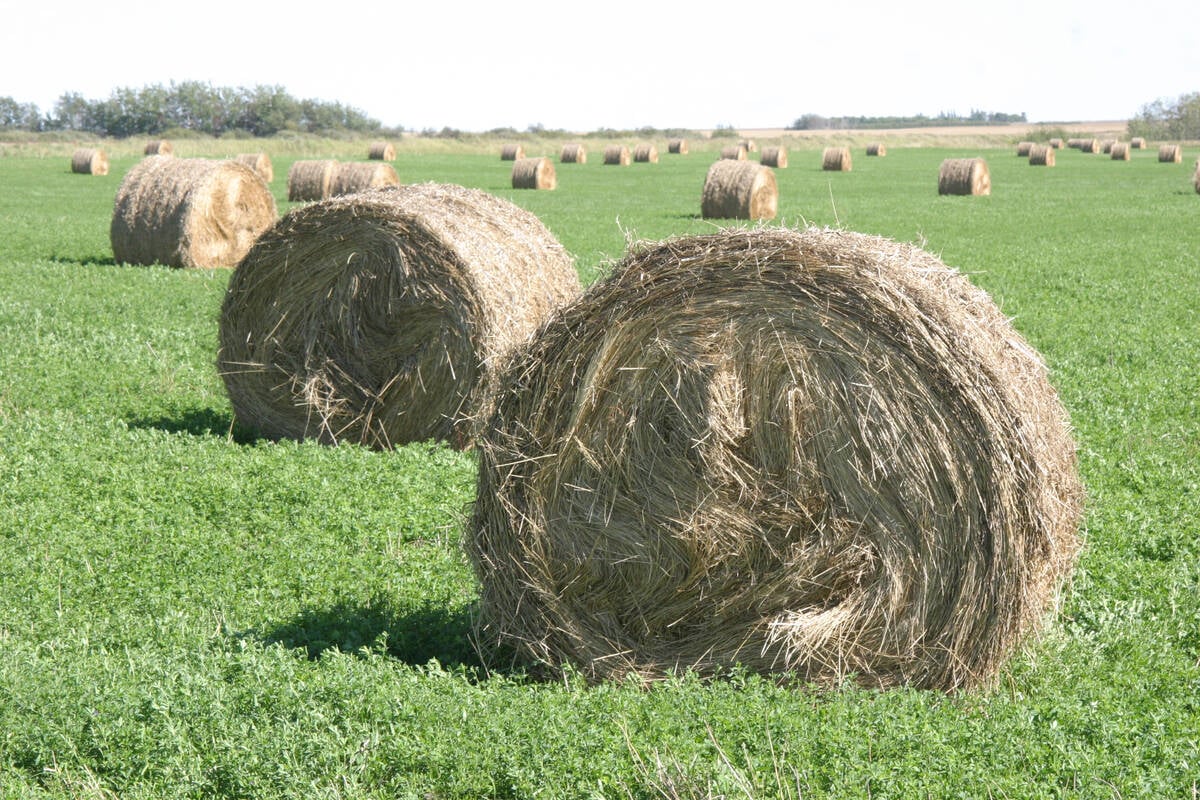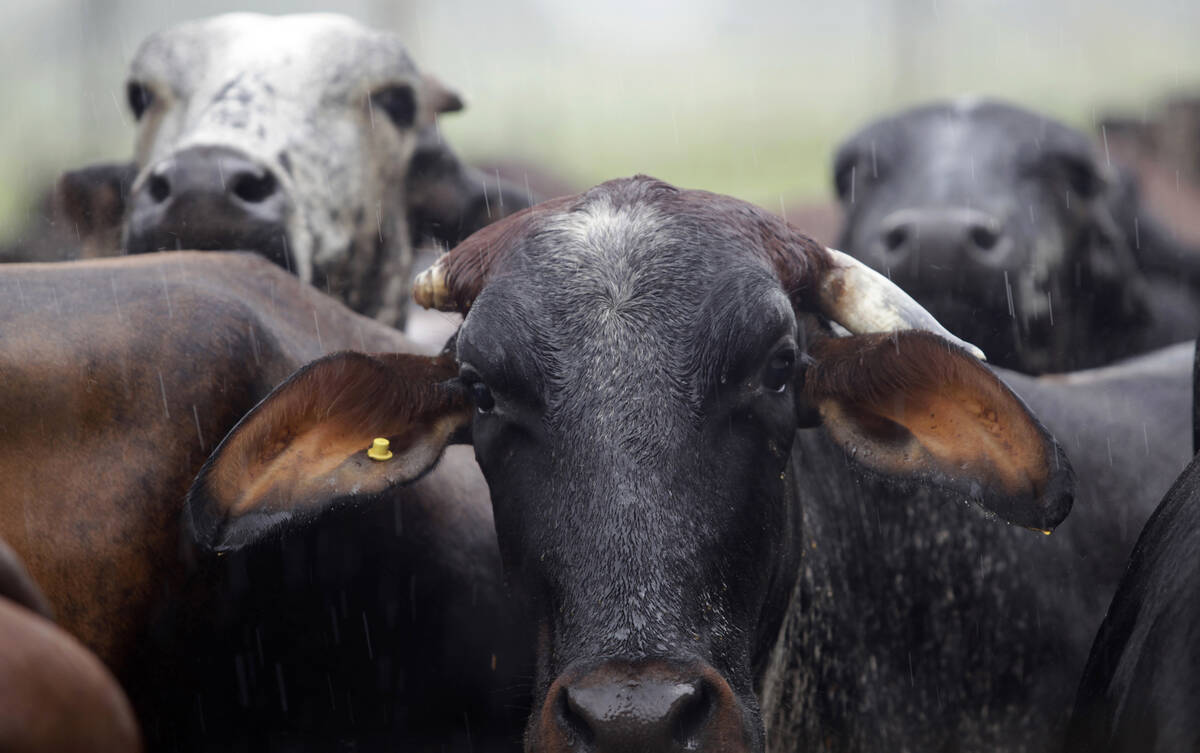SAO PAULO, Brazil (Reuters) — Brazilian meat packer JBS is preparing for a likely shift in the country’s cattle cycle that could lead to reduced availability of animals for slaughter next year.
JBS is the world’s largest meat producer and Brazil is the No. 1 beef exporter.
A decrease in cattle supply in the South American country would come at a time when other meat producing nations, including the United States, face similar shortages.
Read Also

Breaking down successful winter feeding into six steps
It’s that time of year when it is important to start planning for a cow herd’s winter feeding program. Here are six steps I think are necessary to consider when getting your feed tested.
“The imminence of the cattle cycle shift brings challenges. We are preparing through partnerships, contracts and close relationships with ranchers to preserve our volumes,” said Eduardo Pedroso, executive director of origination at Friboi JBS.
“With crop-livestock integration, tech adoption, earlier slaughter age and productivity gains, cycle impacts can be softened. That’s what we expect.”
Brazil has experienced a significant increase in cattle slaughter over the past 24 months due to oversupply, which allowed for higher processing rates in the country’s meat industry. However, signs now point to reduced supply next year.
According to consultancy Datagro, cattle slaughter in the country is expected to drop more than nine per cent in 2026 from this year, reaching 37.1 million animals, after estimated jumps of more than 16 per cent between 2023 and 2024 and three per cent from 2024 to 2025.
Meanwhile, Brazil’s beef exports to the United States are seen falling further in September from the previous months, the head of local beef lobby Abiec said, in a move linked to higher tariffs imposed by U.S. president Donald Trump on goods from Brazil.
Roberto Perosa said that beef exports to the U.S. should fall to about 7,000 tonnes in September from around 9,000 tonnes in August and 30,000 tonnes per month in the period preceding the tariffs, which came into force in August.
The U.S. used to be the second-largest buyer of beef from Brazil, the world’s largest exporter, only behind China. That changed when Mexico took over the position after Trump imposed a 50 per cent levy on U.S. imports of several Brazilian goods.
The fresh duties added to a 26.4 per cent import tax faced by Brazilian beef that was shipped outside a previously established quota.
“The loss of our second-largest market makes a difference,” Perosa said.
“But surprisingly, even with the 76.4 per cent tariff, there are still exports to the U.S. because of the competitiveness we have gained.”















